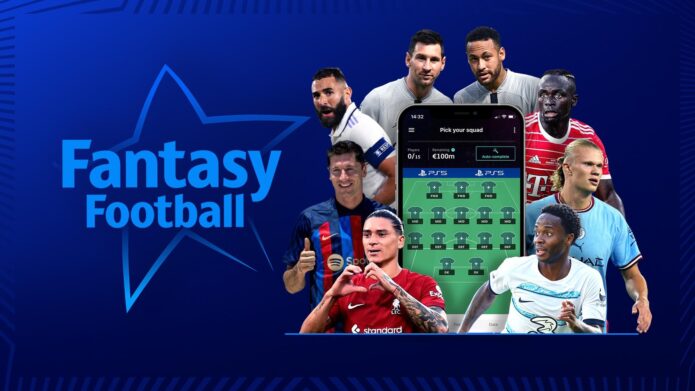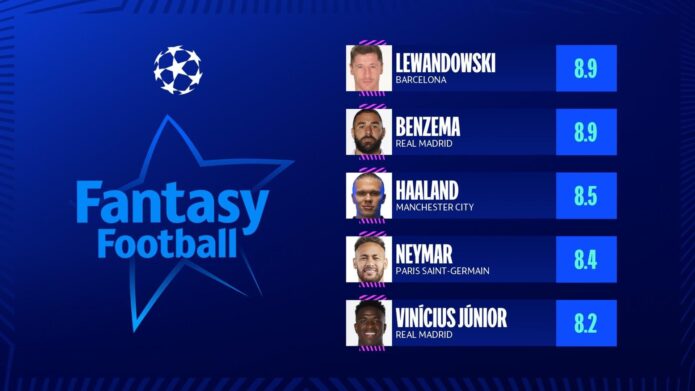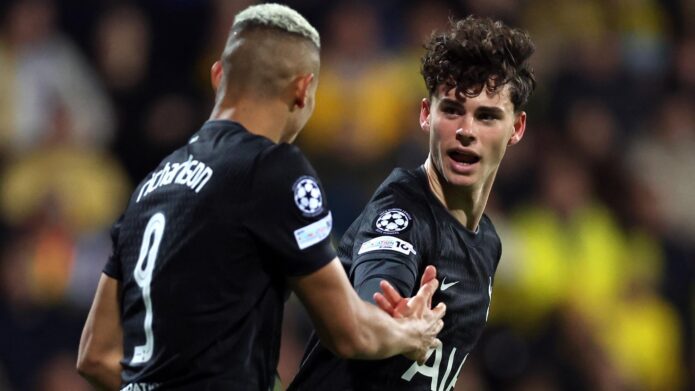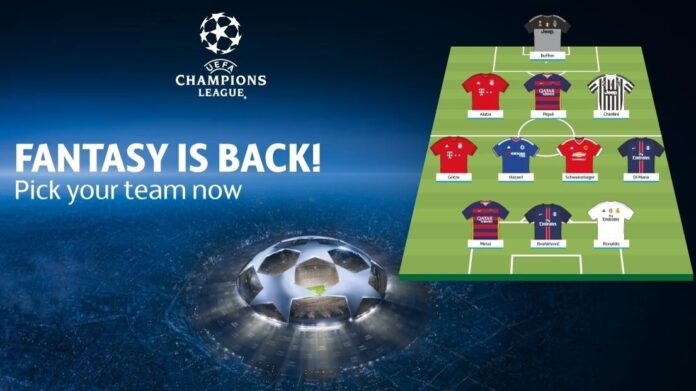Every Champions League season brings drama, late goals, and unforgettable moments. For fantasy managers, it also brings sleepless nights over transfers, captain picks, and whether to gamble on that cheap midfielder who just scored in the qualifiers. Getting it right can put you ahead of thousands, but it takes more than guesswork. Strategy, balance, and a bit of boldness define the managers who rack up maximum points.
Before diving into specifics, remember this: you’re not just picking players, you’re building a team that survives group stage rotations, injury scares, and the occasional red card meltdown. Here’s how to shape your starting XI into a points-machine.
1. Balance Star Power and Budget Picks

One of the biggest mistakes new fantasy managers make is overloading their squad with star forwards. Yes, Mbappé and Haaland look irresistible, but stacking your budget on three premiums leaves your bench looking like a Sunday league lineup.
The smarter approach is balance. Pair one or two high-value names with budget players who are guaranteed starters. Often, defenders or midfielders from mid-tier clubs with favorable group fixtures offer huge returns per euro spent. Think of Porto defenders, Benfica midfielders, or bargain options from surprise teams.
A balanced squad ensures you don’t get punished on off-nights. Depth matters, and those cheap enablers often deliver unexpected hauls that define your season.
2. Smarter Budgeting: Where to Spend and Where to Save
Building a fantasy team is all about resource allocation. Pour money into strikers and attacking mids, but never underestimate value in defense. Clean sheet points stack up, and bonus points can tip the scales.
Budgeting well in fantasy feels a lot like how people manage entertainment expenses. Some fans throw cash on tickets, jerseys, or even a casual spin at a phone casino. The logic is the same: know where your investment will bring the highest return.
- Spend big: on reliable captaincy options.
- Spend smart: on defenders from clubs with easy fixtures.
- Save on goalkeepers; rotate two budget options instead of buying one premium.
Budgeting isn’t glamorous, but it wins leagues.
3. Fixture Analysis Beats Blind Faith

Choosing players without checking fixtures is like betting on a penalty shootout with no research. Group stage schedules matter. A striker facing Bayern, Madrid, and Inter isn’t as appealing as one meeting teams that ship goals weekly.
Fixture analysis helps you spot golden runs. Dortmund may look ordinary against elite opposition, but against weaker group rivals, their wingers become point machines. Similarly, defenders from sides like Napoli or Atlético thrive during cushy matchups.
The lesson? Plan two to three weeks ahead. Avoid doubling up on players about to face tough runs. Every fixture has a story, and maximizing your lineup means reading the script before kickoff.
4. Rotation Roulette and Squad Depth

The Champions League is notorious for rotation. Managers like Pep Guardiola and Carlo Ancelotti won’t hesitate to rest stars once qualification is secure. That means your fantasy squad must have depth and flexibility.
A bench stacked with nailed-on starters is insurance against last-minute surprises. If you rely too heavily on one club, rotation risk doubles. Instead, spread across different leagues and managers known for consistency.
Key tips to manage rotation risk:
- Avoid players from clubs that dominate early and rotate late.
- Trust steady starters in defense and midfield.
- Always have at least two playing bench options.
Depth wins titles in fantasy. Ignoring it leaves you at the mercy of real-world managers who don’t care about your points total.
5. Captaincy: The Difference Between Average and Elite

Your captain is the heartbeat of your fantasy week. Picking the right one can double your total, while the wrong choice leaves you climbing uphill. The trick is not overthinking, but also not blindly captaining the same player.
- Strikers in form are safe bets, especially when facing weaker opposition.
- Attacking midfielders on penalties often outscore bigger names.
- Don’t chase miracles: captaining a defender rarely pays off.
The best managers rotate the armband based on fixtures, not just reputation. Haaland might look like the obvious pick, but if Vinícius is playing against a team that concedes heavily, the upside might be greater. Captaincy isn’t luck; it’s calculated risk.
Table: Value Picks vs. Premium Picks
Sometimes it helps to visualize how your squad might balance between heavyweights and hidden gems.
| Category | Premium Players (10M+) | Value Players (≤6M) |
| Forwards | Haaland, Mbappé, Lewandowski | Taremi, Sesko, young breakout striker |
| Midfielders | Bellingham, Vinícius Jr., Kvaratskhelia | Gravenberch, Koopmeiners, Benfica mids |
| Defenders | Alexander-Arnold, Cancelo | Porto backs, Napoli full-backs |
| Goalkeepers | Courtois, Neuer | Onana, cheaper Portuguese starters |
This balance keeps you competitive across all fixtures without leaving glaring gaps.
Did You Know The Bonus Point Secret?
Not all points come from goals or assists. Bonus points quietly swing matches in fantasy. Players who recover balls, dominate midfield, or create multiple chances often earn extra points.
For example, defensive midfielders rarely score, but someone like Rodri racks up ball recoveries, adding a steady stream of points. Similarly, creative full-backs who pump in crosses but don’t always assist still earn bonuses.
Many managers overlook this scoring system. If you want consistency, don’t ignore the bonus magnets. They may not grab headlines, but they quietly push your total higher week after week.
Learn from the Group Stage Patterns

Every year, group stages create patterns. Some clubs secure qualification early and rotate. Others fight tooth and nail until the last matchday. Reading those trends helps you time transfers.
Teams like Bayern and City often qualify with two games to spare, meaning fringe players get late minutes. Conversely, underdogs fighting for second place stick with their strongest XI until the end. That’s where fantasy managers should focus late transfers: on players who remain motivated.
Spotting patterns isn’t just about points, it’s about staying ahead of rivals who blindly follow reputation. Champions League history repeats itself – managers who study it reap the benefits.
Trust the Stats but Keep Your Gut
Data matters. Expected goals (xG), assists (xA), and chance creation stats reveal trends long before casual fans notice. But relying on numbers alone can strip the game of instinct. Sometimes, going with your gut on an in-form player pays off, even if stats suggest regression.
Fantasy is part science, part art. Stats guide your strategy, but football is unpredictable. Injuries, refereeing decisions, and sheer moments of brilliance can change everything. The best managers combine analytics with intuition, knowing when to play safe and when to gamble.
Build Smart, Stay Flexible, Enjoy the Ride
Champions League Fantasy isn’t just about points; it’s about the thrill of competing with friends and rivals on football’s biggest stage. Building a balanced squad, managing budget smartly, and timing your captaincy choices are the building blocks of success. Add depth to withstand rotation, keep an eye on fixtures, and never underestimate the hidden value of bonus points.
In the end, remember why you play: for the drama, the bragging rights, and the joy of celebrating when your €5.0M defender scores the winner in Istanbul. Build smart, trust your instincts, and you’ll be ready to chase maximum points all season long.

